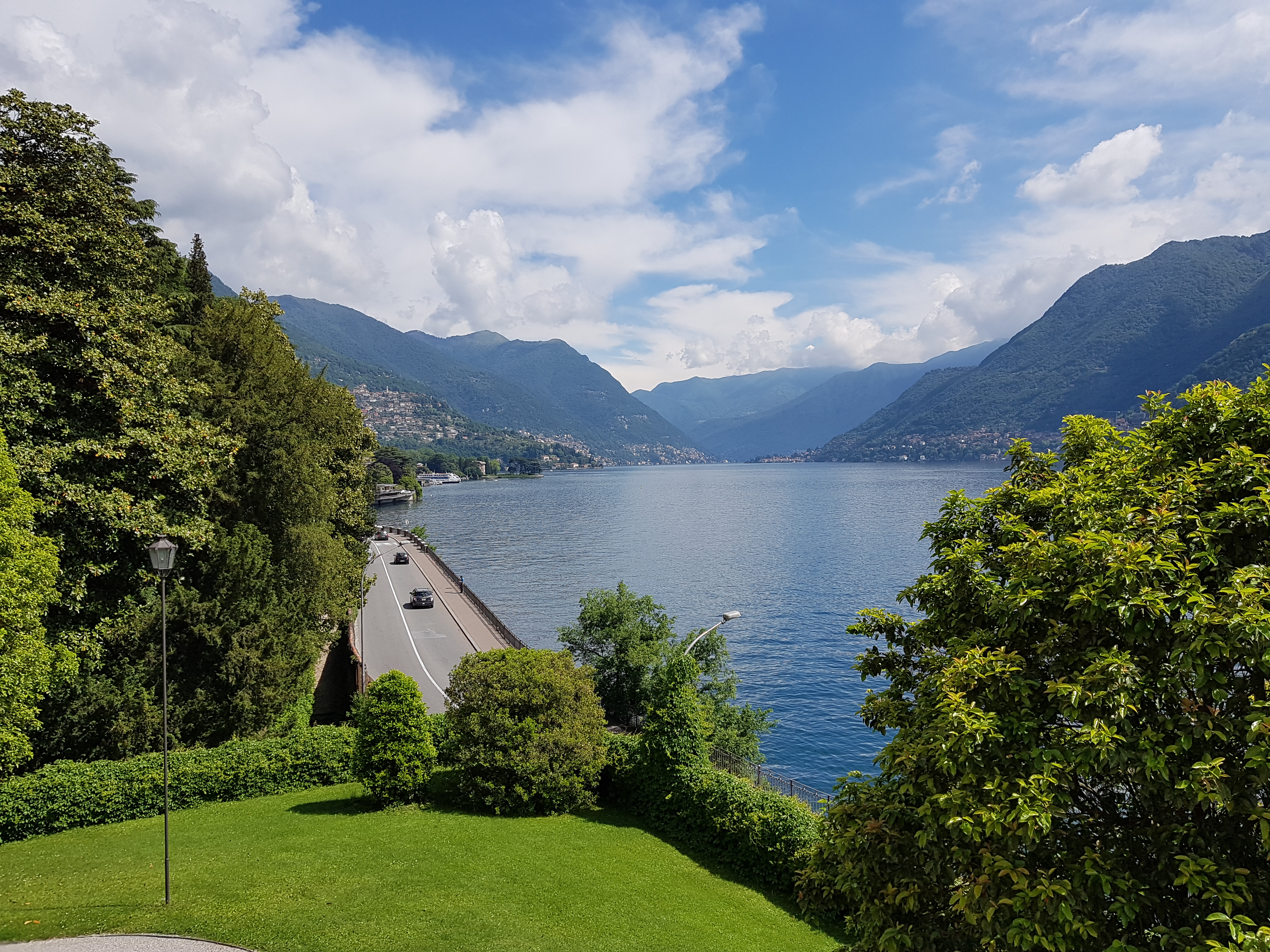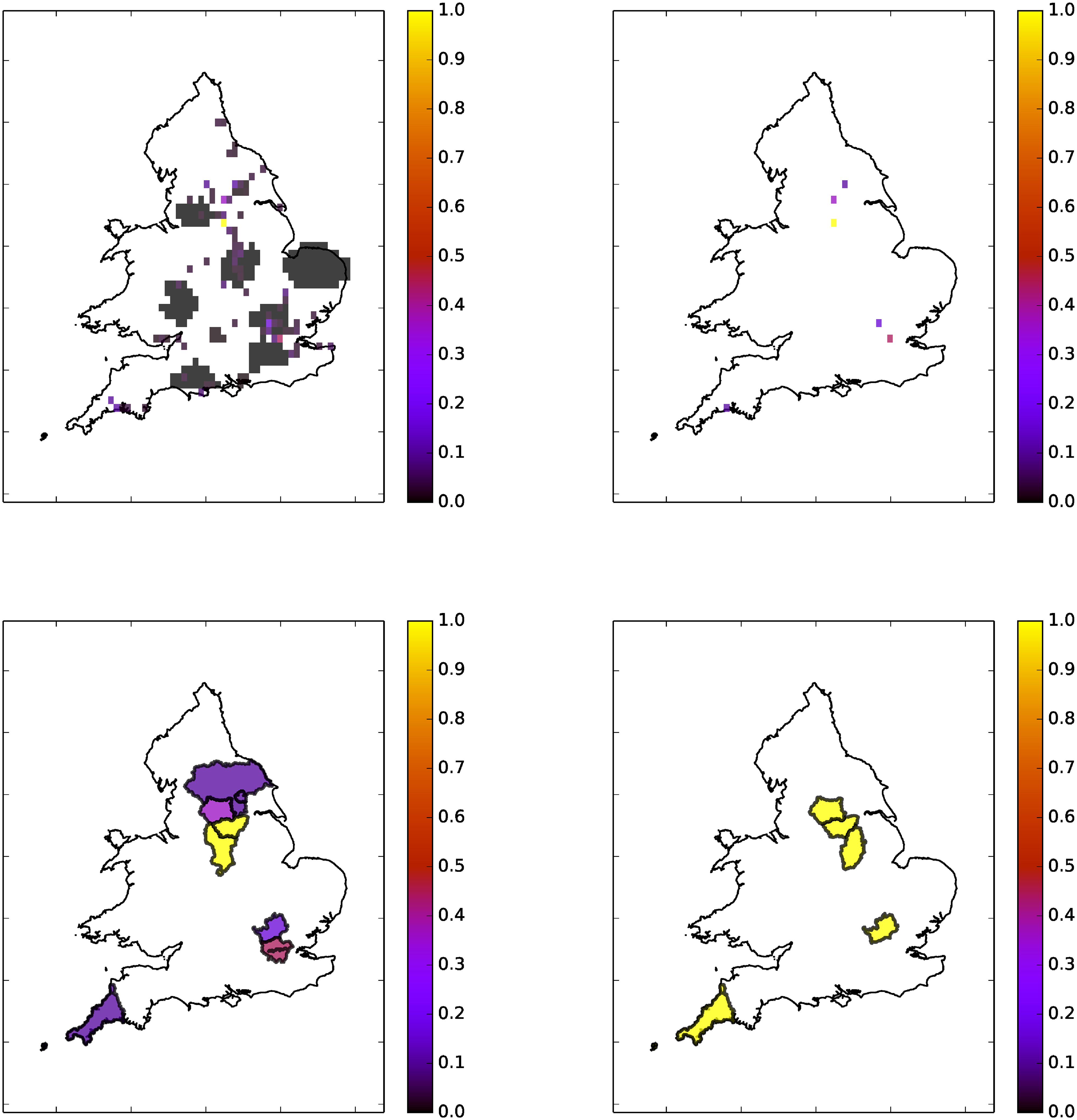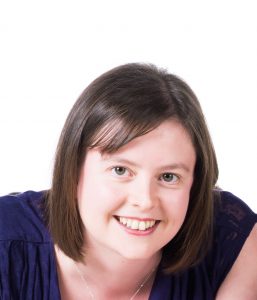In October, Hywel gave an invited talk at a really interesting workshop on social capital at Amazon HQ in Seattle, entitled “All Boats Rise”. He spoke about political polarisation as viewed through social media, asking whether the increasing focus on understanding social processes using online data is creating a bias towards apparent polarisation. Given that people with moderate or ambivalent views may be less likely to post political content, social media studies are likely to sample the extreme tails of an opinion distribution that is probably normal, with the moderate majority remaining invisible. This is an idea to test some time in 2019. As well as meeting some cool people at the meeting, including academics, social activists and tech entrepreneurs, Hywel also got to tour the Amazon Spheres.

Author: Tristan Cann
New PhD student: Kathie Treen
I’m a first year PhD student supervised by Hywel Williams. My topic is: “Online (mis)information and climate change: Using network analysis and machine learning to understand environmental debate”. Whilst data science is central to this topic, the research will be interdiscplinary, incorporating relevant research in quantitative social sciences, communications science and environmental politics.
I have an MBA from Exeter and prior to that undertook a BSc Mathematics at Durham and an MSc in Operations Research at Lancaster. In addition to my academic qualifications I have 15 years of industry experience working primarily in Reporting and Analyis / Operations in a range of organisations including QinetiQ, BAE Systems Detica, Amazon (Audible) and most recently Crowdcube.
My dissertation for my MBA was titled Measuring the Business Benefits of Social Initiatives and was undertaken with Sony Europe and won the Hutton Prize for Excellence at Exeter.
New PhD student: Sarah Menezes
My name is Sarah Menezes and I am a first year PhD student in the Computer Science Department. My research is in the area of Data Science and my topic relates to the climate change debate on social media platforms. My supervisor is Dr. Hywel Williams.
Prior to joining the University of Exeter in 2018, I worked in Software Quality Assurance and Testing for 16 years. After completing my Bachelor’s in Computer Science at the Florida Institute of Technology in 2002, I worked at Texas Instruments for over 3 years and then at General Electric (GE Transportation in Melbourne, FL) for close to 13 years. As a Software QA Engineer and Software QA Manager, I lead the testing, releases and installations of train management systems for US railroads.
My expertise in the software lifecycle and in agile development took me to a different path for the first half of 2018. During that time I worked as an Agile Scrum Master for Satcom Direct. As part of a scrum team I worked closely with the members of the team (Developers, QA and Product Owner) to support and improve agile processes.
Summer school trip: Lake Como School of Complex Networks
Iraklis and I recently attended the Lake Como School of Advanced Studies summer school on Complex Networks: Theory, Methods and Applications.
The school featured a number of talks from prominent scholars in the field of complex networks. These sessions included both theoretical backgrounds and methodologies, as well as a number of experimental examples and real world applications of network science. During the Wednesday afternoon session, many students, including myself, presented on their recent work. This provided a really valuable opportunity to share new insights into the cutting-edge research taking place in universities across the world.
Beyond the academic benefit of a week’s study, we got to spend the week enjoying the weather of a Mediterranean spring whilst exploring the beautiful town of Como, situated in the foothills of the Alps.

Thanks to the speakers to the speakers for their interesting sessions, the other students for their excellent company and our funders for covering the costs. I really enjoyed my time at the school and look forward to putting some of the ideas I picked up to good use in the future.
New publication: Social sensing of floods in the UK
“Social sensing” is a form of crowd-sourcing that involves systematic analysis of digital communications to detect real-world events. Here we consider the use of social sensing for observing natural hazards. In particular, we present a case study that uses data from a popular social media platform (Twitter) to detect and locate flood events in the UK. In order to improve data quality we apply a number of filters (timezone, simple text filters and a naive Bayes ‘relevance’ filter) to the data. We then use place names in the user profile and message text to infer the location of the tweets. These two steps remove most of the irrelevant tweets and yield orders of magnitude more located tweets than we have by relying on geo-tagged data. We demonstrate that high resolution social sensing of floods is feasible and we can produce high-quality historical and real-time maps of floods using Twitter.

Using tweets collected in 1 hour windows. White indicates no tweets. Colour bar units are floodiness relative to daily max. Top left: 10am-11am. Top Right: 1pm-2pm. Bottom Left: 4pm-5pm. Bottom Right: 9pm-10pm.



